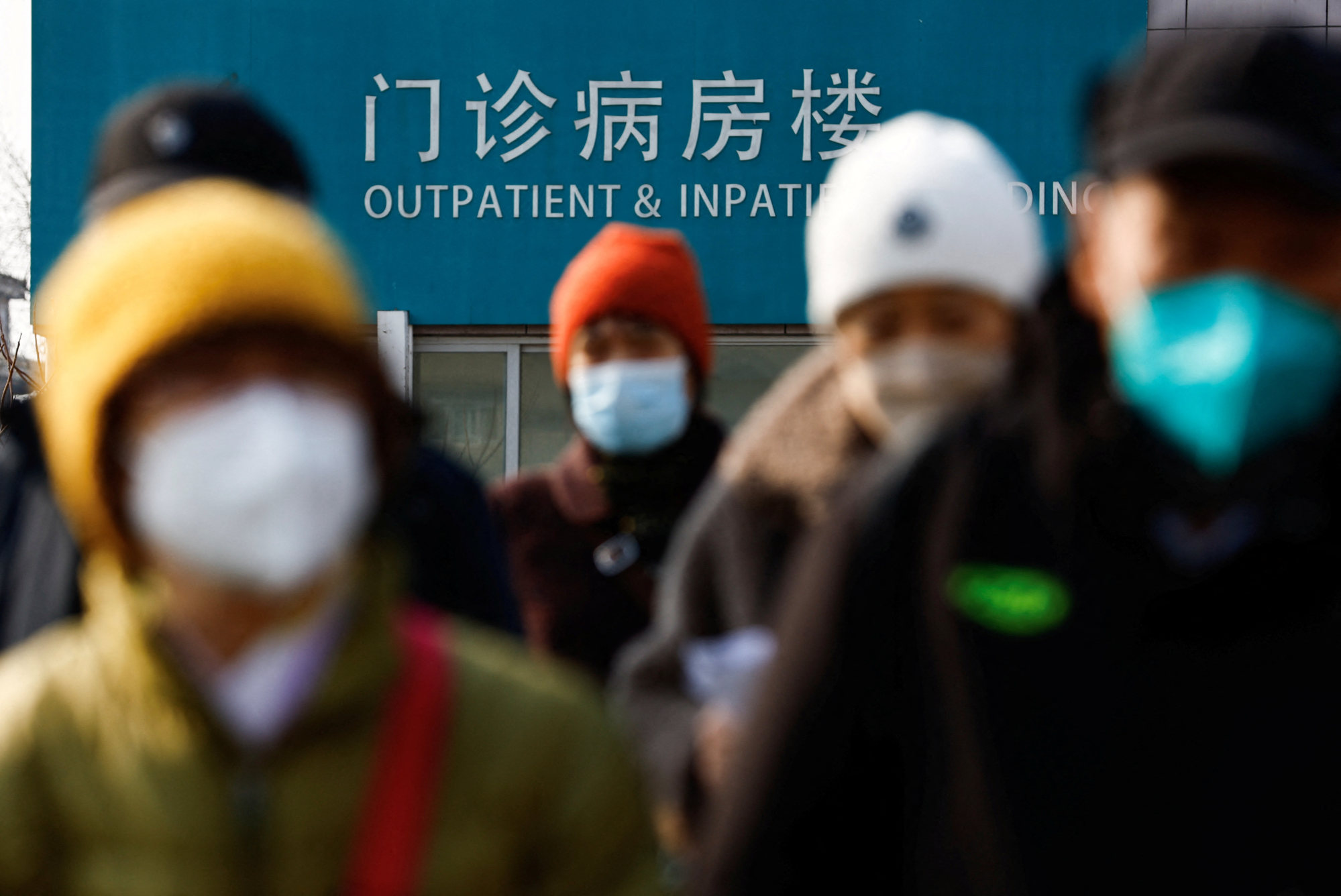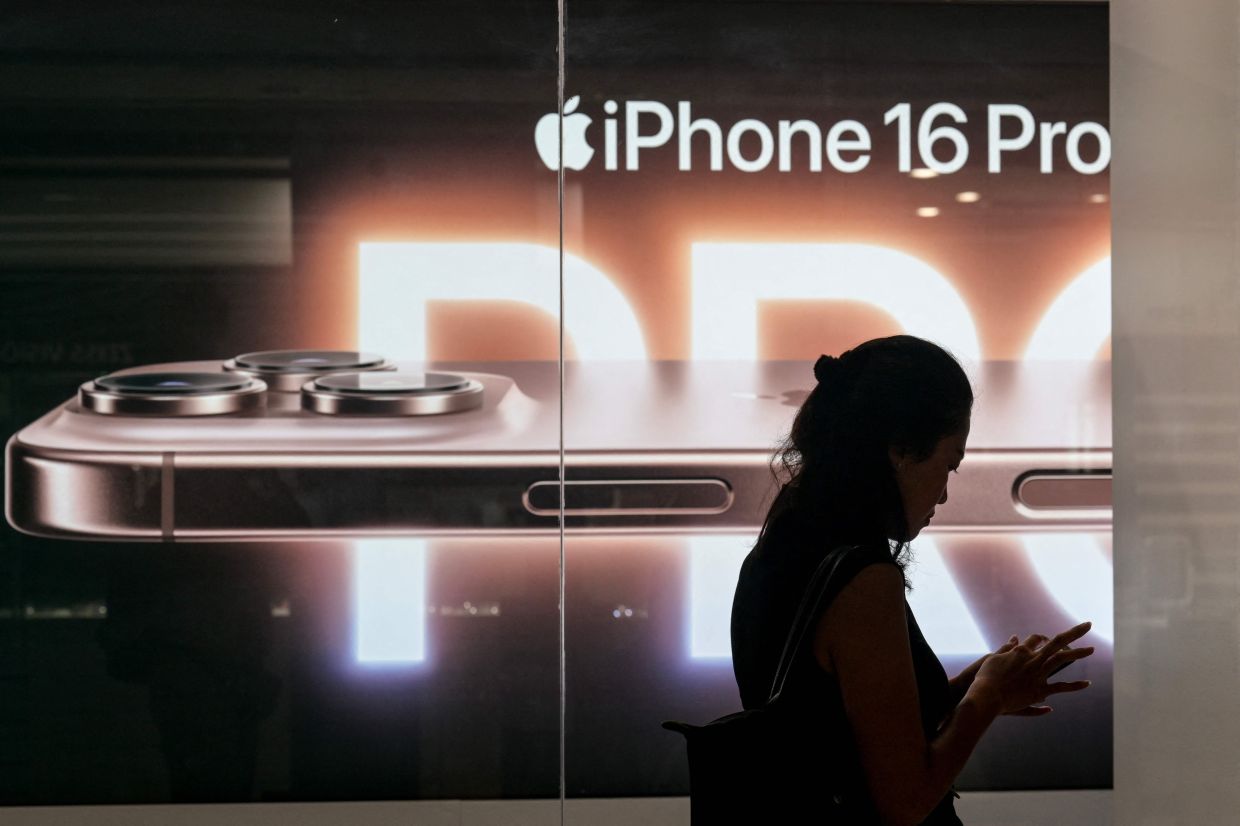
Other previous products launched by Tencent Healthcare cover both consumer and business-facing software, such as an AI medical imaging product called Miying. At stake is China’s online healthcare market, which is expected to be worth US$311.5bil by 2026, according to ResearchAndMarkets.com. — SCMP
Tencent Holdings, China’s social media and video gaming giant, is testing its artificial intelligence (AI) capabilities in the healthcare sector, a corporate executive said in an interview.
The Internet giant is integrating several of its social media tools including WeCom, the enterprise version of ubiquitous messaging app WeChat, with its in-house large language model (LLM) Hunyuan, to develop industry-specific AI applications for pharmaceutical and healthcare clients such as AstraZeneca, Alexander Ng, president of Tencent Healthcare, told the South China Morning Post at a company event in Shanghai last Friday.
Ng, who worked as deputy director at the Beijing office of the Bill & Melinda Gates Foundation before joining the Shenzhen-based tech giant to lead its healthcare unit in 2019, said Tencent’s Next Generation Engagement Suite, designed to connect the pharmaceutical industry with doctors in China, has integrated the abilities of Hunyuan into a medical industry-specific model.
“For many sectors, people are used to relying on transaction results to determine marketing methods, but doctors and pharmaceutical companies are different ... what we care about is how to improve their academic understanding of drugs,” said Ng.
“Based on our understanding of this industry, we have built an interactive platform supported by a set of underlying data tools, so that in addition to the universal channels of WeCom and Tencent Meeting, there are more channels for communication,” he said.
Other previous products launched by Tencent Healthcare cover both consumer and business-facing software, such as an AI medical imaging product called Miying, as well as a medical insurance payment service based on WeChat.
The move by the healthcare unit underscores how Tencent is aiming to change the way China’s multibillion healthcare market works, as big tech firms such as Alibaba Group Holding, Baidu and Huawei Technologies also bet on AI to foster the digital transformation of various industries. Alibaba owns the Post.
At stake is China’s online healthcare market, which is expected to be worth US$311.5bil (RM1.45 trillion) by 2026, according to ResearchAndMarkets.com, driven by factors such as the country’s ageing population and expanding internet penetration.
While Tencent appears more cautious in making Hunyuan available to the public, it has pushed ahead with the application of the model in various industries since it was unveiled in September.
The Hunyuan model had been integrated into more than 180 services across its sprawling product portfolio, including the conferencing app Tencent Meeting and web-based word processor Tencent Docs, covering a wide range of sectors including retail, education, finance and medicine, the company said last month.
Unlike other industries that are rapidly adopting cutting edge technologies like AI, the healthcare sector is taking a slower approach because people’s well-being is at stake.
Chinese authorities, meanwhile, have stepped in to impose new regulations that limit the use of AI in the sector.
In August, a new rule drafted by the Beijing Municipal Health Commission specified that using AI for automatically generating medical prescriptions was “strictly prohibited”. It added that “AI software shall not replace doctors to provide diagnosis and treatment services”.
In Ng’s view, despite the regulations, there is still significant potential for AI to be adopted by the medical sector to assist, not replace, the role of doctors.

“China’s ageing population is increasing, which means medical resources will become increasingly scarce,” said Ng.
He added that a “change in mindset” is needed when it comes to the current model of medical services. “People can access medical services not only through doctors in tertiary hospitals, but also through self-service models on Internet platforms,” he said. The latter could provide information on how to prevent diseases and manage chronic illnesses, as well as providing medical live-streaming sessions to educate people.
“These are all different applications that can be introduced to the public,” Ng said.
Tencent, meanwhile, is ready to play its role in the digital transformation process.
“The healthcare industry is not one that can achieve high growth and huge profits, but there are very large social responsibilities in it, and we know where the boundaries are,” said Ng. – South China Morning Post











































